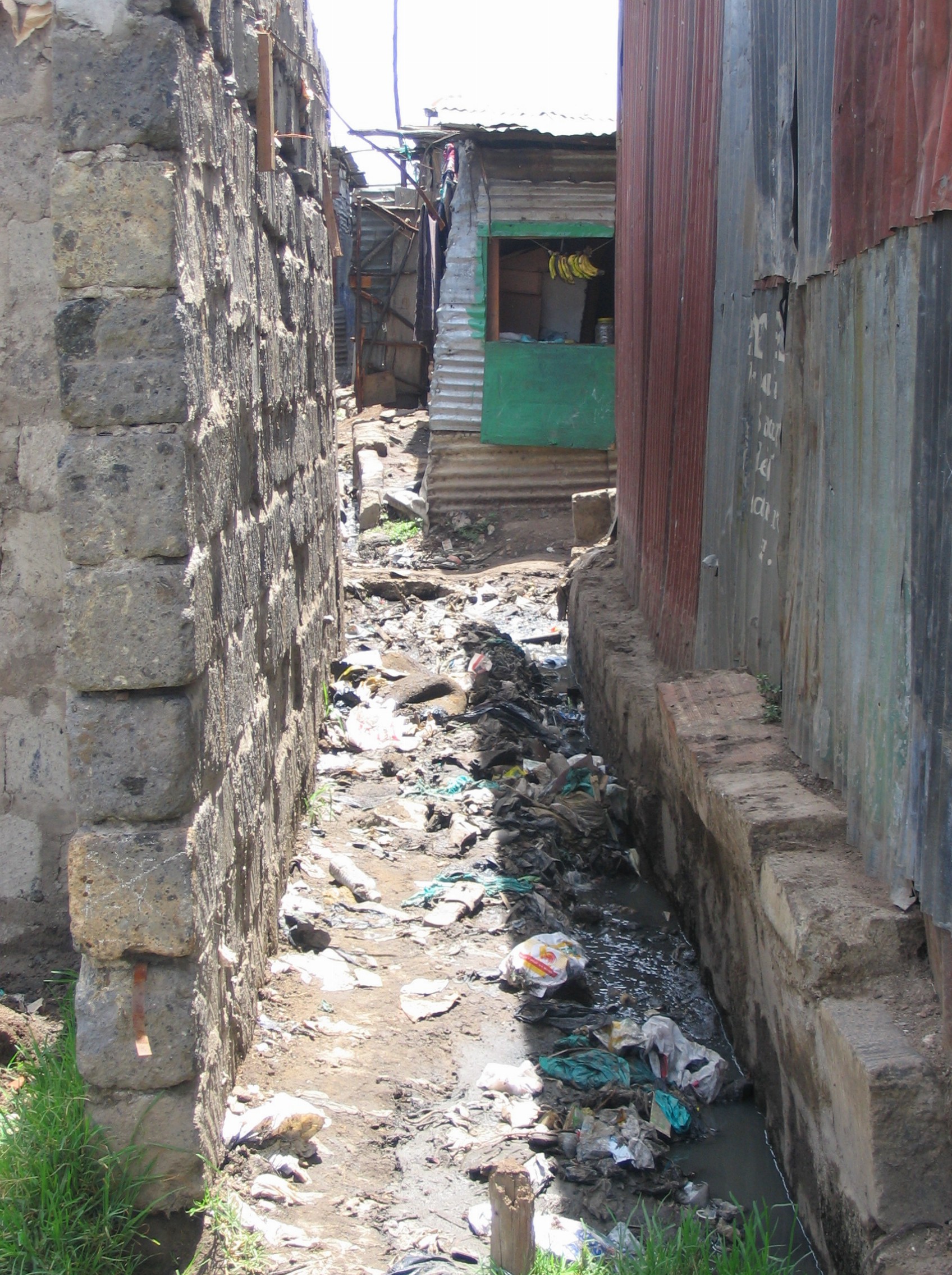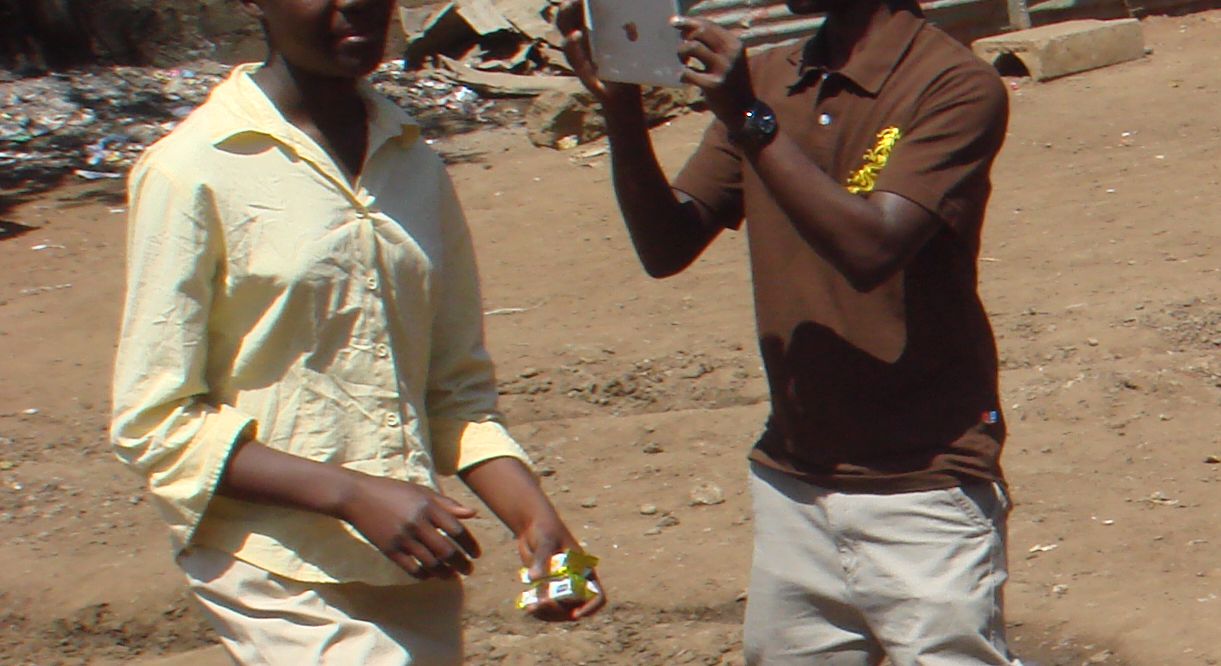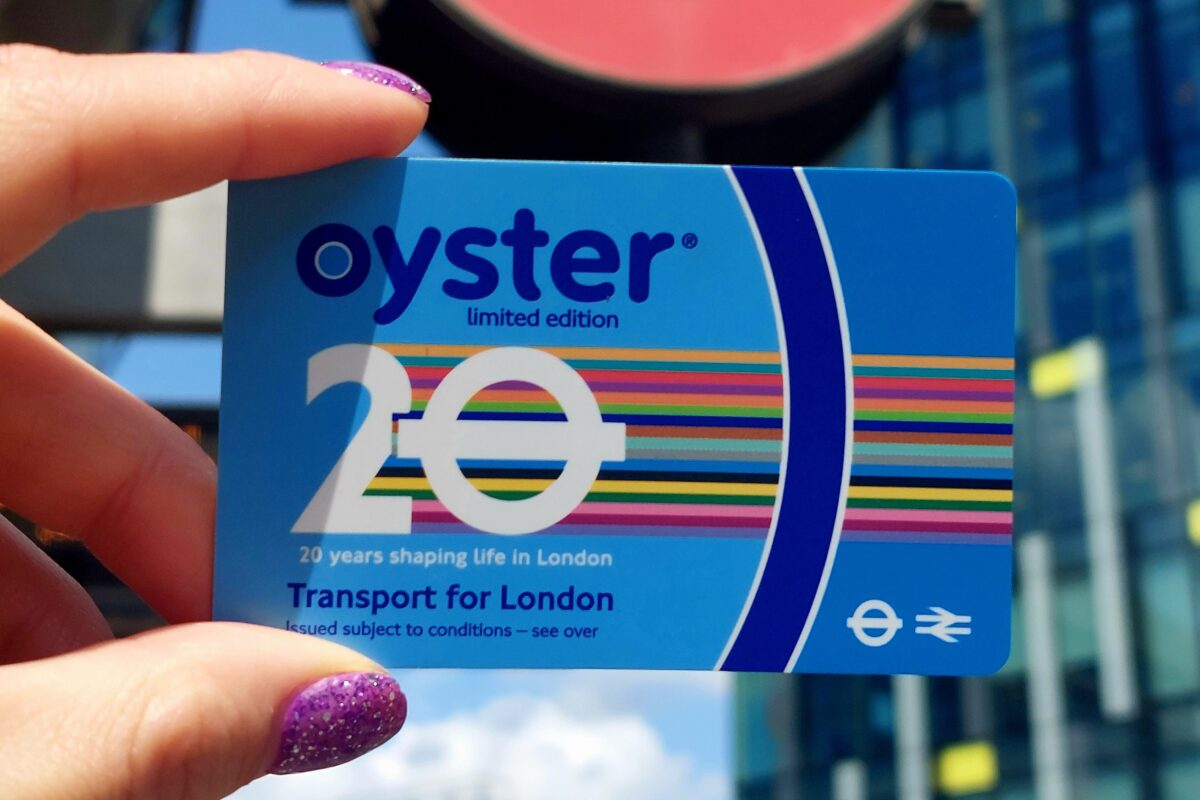People approach me saying that they just don’t feel effective at work, drained or stressed.
This post is a collection of questions for those who want to take a first step to change something, knowing they have to take control: of their feelings and maybe even of the actual situation at work.
Sometimes it looks like everyone else is happier in life and has a more fulfilled work life. Have you ever felt that way?
It seems that social media influences the way we see our lives by drawing comparisons and building unrealistic expectations. So do look beyond the status updates of job lovers and business trip beach pictures 😉
The other thing is also that we may be the first generation that studies abroad and visits over 10 countries before we’re 30. While the world is open to us we’re also “Generation Internship” and facing threats like a massive demographic shift and global climate change. This leads to many feeling insecure and worried about life and the future.
Could this be the case for you?
I think every generation grows with the tasks presented to them.
Past generations rarely looked for meaning and fulfillment. Work was there to earn income to sustain life and if it didn’t harm your health it was a good job. This is the case for a few billion people in the world today as well. My flatmate calls a meaningful job a luxury.
Do you think that you are entitled to a happy work life?
In this post I’ve collected a few reflection tools, ideas and links on how to deal with the worries related to your work life.
I’m no expert by all means, please take this as friendly advice rather than professional.
Start by bringing your expectations to surface. My great coach recently asked me: “What did you hire your job for?” Bamm! I had to think about that.
It was also surprising to see the diverse answers even among my relatively homogeneous friends. So start by increasing clarity of what you are hiring your job for.
Honestly, take a pen and paper and write that down first: What are the roles that you want your work to play in your life?
Only read further once you’re done – then possibly extend your list. (We’ll call this wish list later on in the article).
How important is the salary for you (right now and in the future)?
What does the sector of work and/or the brand of your employer mean to you?
Are you looking for a higher meaning in your work?
If you could chose between fixed vs flexible working hours, what would you do?
Are you looking for long term predictability?
Are colleagues on your list and what do you expect from them?
etc.
With this new self-awareness analyse your current work:
On a scale from 0 to 10 how much are you looking forward to going to work on an average Monday?
(Don’t get this wrong. Work isn’t watching football and many people won’t reach the ten)
Be spontaneous but do write down your answer as a digit. (We’ll call this ‘rating’ from now).
Then put more thought into the following two questions:
What are the things I look forward to? What’s cool about my job? (Those things that make the points over zero)
Write a full exhaustive list (even with a two!) before thinking about:
What are the things I am missing? What would make me enjoy my work life more? (Those things that are missing to a ten or at least a solid eight)
Take your time to think through this. These are your building blocks on your way to improvement!
Is leaving an option?
If you have a low rating and the work doesn’t tick many of your boxes on your wish list you may be tempted to think of leaving.
Sometimes a new job is the best solution and just takes a leap of courage. Sometimes it’s not an option for various reasons.
Remember that leaving may not solve all your challenges especially if you take ‘baggage’ to the new company (like high expectations, emotional instability, lack of communication skills, low awareness of own skills). It’s worth considering how a new start may help you leave behind baggage or whether you need to clean the house first
Explore other options available to you in the same company: a new department (sooner or later), a clearing conversation with your boss or a part-time arrangement leaving time for your own business are only some of them.
Your wish list and a critical view on the job market using networks and experts can help tremendously!
Become a stronger contributor:
If you are hired and you want to stay you need to answer the question why you were hired – into the company (possibly years ago) but also on the current role/project.
Have you ever been told? What do your colleagues and bosses value in you? What responsibilities do you take and which skills/experience/personality are expected from you?
Try to think like your boss and write down their perspective. If you honestly don’t know, the best will be to find out from them. Unspoken expectations can cause friction.
Secondly come back to yourself and reflect on your fit on the role.
What do you think are your strengths? Are you using them in your role? Why not?
Do your colleagues and bosses know about these strengths? Why not?
Of course now you need to figure out how you can do more of the things you’re good at and more of those that you enjoy doing. Think of ways to put more of such tasks in your 40 hours a week that could make sense from your and your bosses perspective.
Also look at the list of expectations from your company to you: Are there any that you can’t fulfill? Has that brought challenges so far? How could you deal with this discrepancy in the future?
Feeling out of control?
This is a great article about focusing on doing things you can control! This will slowly help you rebuild your confidence and you will gain more control of situations in which you would previously feel tossed around.
Make a plan on how you will increase the rating by at least 1-2 points in the next 3 months.
Write down a couple of ideas, especially some bold ones (why not ask the boss-boss for mentorship over lunch if networking is on your wish list?)
Also write some solid and performance-related ideas which are easier to implement, like asking for feedback on a monthly base or making sure you speak at least x minutes in any team meeting.
Show this plan to somebody. Ask for their support and also ask them to track your progress regularly. Make sure that whatever you write in your plan is achievable and puts you more in control over your current and future work life.
But – if you’re feeling a depression creeping up, a constant fear of the future or a loss of sanity over your job please get professional help: a coach, a psychologist or a counselor. They can help you figure out how to tackle things further and whether your mental or emotional life could be at risk. A first session could be free or can be available for 40-80 Euros.
Establish clear boundaries between work and private life to empower both aspects.
Sometimes people mix up different aspects of their life, transfer emotions and end up feeling out of control and expectations spiral up. The following questions can help you establish whether other parts of your life need empowerment as well.
Do you enjoy living in your city? Would you be comfortable telling your own 20-year-old self how you spend your free time? Is your flat comfortable and gives you space (physically, emotionally and mentally)? Are your core relationships healthy or have you neglected setting boundaries with those close around you? Do you have a good balance of relaxation and challenge/adventure? Do you get enough workout, fresh air and spiritual nurturing? Do you have creative hobbies or do you mainly consume opinions or entertainment in your free time? How much do you love yourself and show yourself love?
To understand such a mix-up we can easily imagine a person who starts a new job and after a few months feels less happy and fulfilled.
Is something wrong with the new job or is it the fact that he/she stopped cycling every day and now spends more time sitting in the car instead? You want to treat the rotten tooth and not its neighbor.
Time for action?
However your reactions to my post and your reflections may look like: Be loving and gentle to yourself. Reward your own effort and stay committed to what you are trying to achieve.
I’d like to close with a recent quote of my friend Tatenda, who as a Zimbabwean and Pan-African truly understands economic challenges and their effects on individuals and communities and who as a social entrepreneur is a role model for many African Gen Ys.
“Have a passion for your work. If your work is meaningful to you, your work life will be a joy. If you can’t be passionate about the work itself, be passionate about the reason you do it. Maybe you don’t love your job/company/career, but the money and benefits are good for your family. Be passionate in your choice to do right for your family.”
A few recommended readings:
* non-violent communication is a concept enabling you to understand how your needs and feelings relate and to learn how to be more in charge of them than the other way round.
* Seven habits of highly effective people
* About the pursuit of meaning and happiness
Looking forward to your comments!
 The reason why I don’t want to have a car in Nairobi (besides the ones we all think of: jam, repairs, cops, cleaning…) is that I could miss out on what makes life. You see, Kenya is a walking nation and many real human encounters happen while walking.
The reason why I don’t want to have a car in Nairobi (besides the ones we all think of: jam, repairs, cops, cleaning…) is that I could miss out on what makes life. You see, Kenya is a walking nation and many real human encounters happen while walking.


 can remember, those who are married and those who are not. Most likely you have seen still-born babies and know a few things about home-abortions.
can remember, those who are married and those who are not. Most likely you have seen still-born babies and know a few things about home-abortions.
 poverty. The opposite might be true. It might teach them to learn off-head instead of think; or sitting down instead of taking initiative; or shut up when they have an idea or question. It might as well lead them to university, a National science competition or let them create friendships across tribes and class.
poverty. The opposite might be true. It might teach them to learn off-head instead of think; or sitting down instead of taking initiative; or shut up when they have an idea or question. It might as well lead them to university, a National science competition or let them create friendships across tribes and class.


















